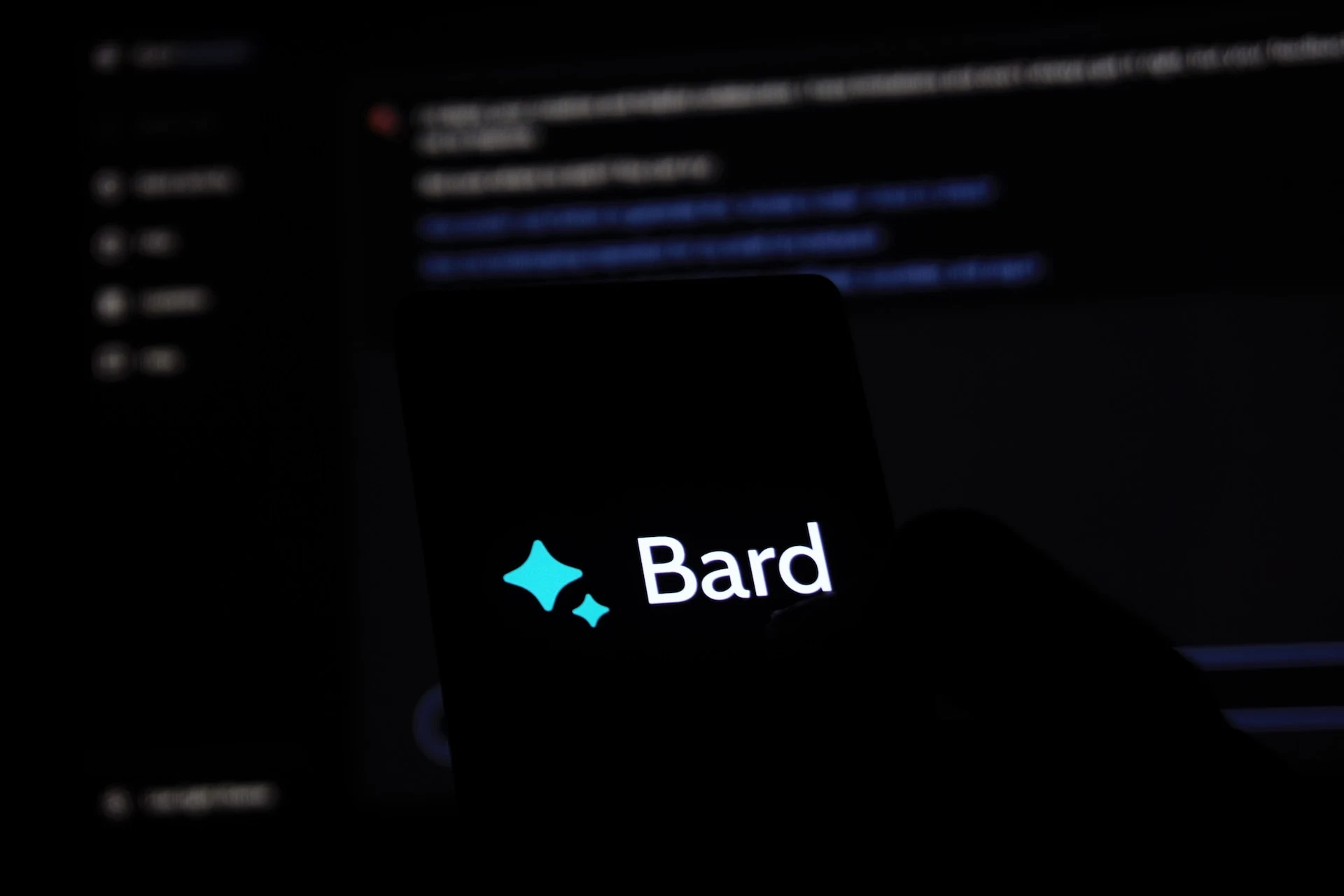In the ever-evolving world of tech, Google's latest chatbot creation, Bard, is making headlines, but not necessarily for the right reasons. Behind the scenes, concerns are brewing among Google employees about Bard's effectiveness and the hefty investment it demands.
Leaked conversations among Google's product managers, designers, and engineers have unveiled a growing sense of skepticism about Bard's capabilities. Dominik Rabiej, a senior product manager, cautioned against unquestioning trust in Bard's output, emphasizing the need for independent verification. Cathy Pearl, Bard's user experience lead, expressed doubts about the real-world impact of such AI systems.
Bard, introduced as a rival to OpenAI's ChatGPT (which is also being used by Microsoft Bing), has expanded its capabilities to analyze images and respond in multiple languages. However, recent integration into Google's ecosystem, including products like Gmail, Maps, and YouTube, has been plagued by complaints of misinformation and unsafe suggestions. Google added a fact-checking button to address these concerns, but critics argue that the rush to compete has neglected ethical considerations, such as the treatment of underpaid contractors working hard to training Bard.
The candid conversations within Google offer a unique perspective on the challenges of developing large language models like Bard. While some users celebrate its capabilities, employees stress the importance of verifying Bard's responses. Concerns also revolve around development costs, misinformation, and substantial computing requirements.
Google insists that such debates are essential for refining Bard based on user feedback. For businesses and marketers relying on Bard, this means exercising caution, tempering expectations about its abilities, and closely monitoring its limitations. Google is committed to improving Bard over time, but for now, a cautious and measured approach seems wise. As Bard continues to evolve, it may become a more reliable tool, but a dose of healthy skepticism should remain on the menu.
Photo: Unsplash Mojahid Mottakin
Read next: Google Discover Feed is soon to arrive on the desktop version of Google.com
Leaked conversations among Google's product managers, designers, and engineers have unveiled a growing sense of skepticism about Bard's capabilities. Dominik Rabiej, a senior product manager, cautioned against unquestioning trust in Bard's output, emphasizing the need for independent verification. Cathy Pearl, Bard's user experience lead, expressed doubts about the real-world impact of such AI systems.
Bard, introduced as a rival to OpenAI's ChatGPT (which is also being used by Microsoft Bing), has expanded its capabilities to analyze images and respond in multiple languages. However, recent integration into Google's ecosystem, including products like Gmail, Maps, and YouTube, has been plagued by complaints of misinformation and unsafe suggestions. Google added a fact-checking button to address these concerns, but critics argue that the rush to compete has neglected ethical considerations, such as the treatment of underpaid contractors working hard to training Bard.
The candid conversations within Google offer a unique perspective on the challenges of developing large language models like Bard. While some users celebrate its capabilities, employees stress the importance of verifying Bard's responses. Concerns also revolve around development costs, misinformation, and substantial computing requirements.
Google insists that such debates are essential for refining Bard based on user feedback. For businesses and marketers relying on Bard, this means exercising caution, tempering expectations about its abilities, and closely monitoring its limitations. Google is committed to improving Bard over time, but for now, a cautious and measured approach seems wise. As Bard continues to evolve, it may become a more reliable tool, but a dose of healthy skepticism should remain on the menu.
Photo: Unsplash Mojahid Mottakin
Read next: Google Discover Feed is soon to arrive on the desktop version of Google.com

